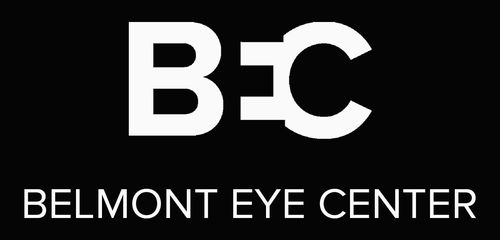Maintaining eye health is crucial for protecting your vision and preventing common eye conditions as you age. While a balanced diet rich in essential nutrients is the best way to support your eye health, it can sometimes be difficult to consistently get all the vitamins your eyes need. That’s where supplements can play a vital role in filling nutritional gaps, strengthening your vision, and warding off eye diseases.
Here’s a breakdown of some of the best vitamins and supplements to consider for optimal eye health. As always, consult with your healthcare provider before introducing new supplements into your routine to ensure they are right for you.
The Best Vitamins and Supplements for Eye Health
1. Vitamin A
Vitamin A is essential for good vision, as it supports the production of pigments in the retina that help you see in low-light conditions. It also helps keep your eyes moist and prevents dry eye syndrome. Beta-carotene, found in brightly colored vegetables like carrots, is converted into vitamin A by your body.
Foods rich in Vitamin A:
- Salmon
- Broccoli
- Carrots
- Eggs
- Fortified breakfast cereals
2. Vitamin C
Vitamin C is a powerful antioxidant that helps protect your eyes from damage caused by ultraviolet (UV) light. It also helps reduce the risk of cataracts, which cloud the eye’s lens and impair vision. While more research is needed, some studies suggest that vitamin C may slow the progression of age-related macular degeneration (AMD), a condition that can lead to vision loss.
Foods rich in Vitamin C:
- Oranges
- Kale
- Brussels sprouts
- Strawberries
- Lemons
3. Omega-3 Fatty Acids
Omega-3 fatty acids are well-known for their anti-inflammatory properties and have been shown to help prevent dry eye disease. These healthy fats are also beneficial for slowing the progression of age-related macular degeneration (AMD). Omega-3s are primarily found in fatty fish, but supplements can be a great alternative for those not getting enough through their diet.
Foods rich in Omega-3s:
- Tuna
- Salmon
- Flaxseeds
- Walnuts
- Chia seeds
4. Vitamin E
Vitamin E is another potent antioxidant that protects your cells, including those in your eyes, from free radical damage. Research indicates that it can play a role in reducing the risk of cataracts and slowing the progression of AMD.
Foods rich in Vitamin E:
- Sunflower seeds
- Almonds
- Peanuts
- Mangoes
- Avocados
5. Zinc
Zinc is a key mineral for maintaining eye health, as it helps vitamin A create melanin, a protective pigment in the eyes. It also contributes to reducing the risk of age-related macular degeneration and night blindness. Zinc is commonly found in a variety of foods and is also present in many multivitamins.
Foods rich in Zinc:
- Meat
- Shellfish
- Pumpkin seeds
- Eggs
- Lentils
6. Lutein and Zeaxanthin
Lutein and zeaxanthin are carotenoids found in many colorful fruits and vegetables. These antioxidants are particularly important for protecting your eyes from harmful blue light and reducing the risk of chronic eye diseases like age-related macular degeneration and cataracts.
Foods rich in Lutein and Zeaxanthin:
- Kale
- Spinach
- Broccoli
- Red peppers
- Grapes
Tips for Supporting Eye Health
In addition to incorporating the right vitamins and supplements into your diet, there are other ways to maintain your eye health and protect your vision:
- Wear Sunglasses: Protect your eyes from harmful UV rays by wearing sunglasses outdoors.
- Take Screen Breaks: Practice the 20-20-20 rule: every 20 minutes, look at something 20 feet away for at least 20 seconds.
- Exercise Regularly: Physical activity promotes overall health, including eye health, by improving blood circulation and reducing the risk of conditions like diabetes, which can affect vision.
- Avoid Smoking: Smoking increases the risk of several eye diseases, including cataracts and macular degeneration.
- Get Regular Eye Exams: Regular check-ups can catch eye problems early and prevent future issues.
Conclusion
Taking care of your eyes through a healthy diet, supplemented by vitamins when necessary, is an excellent way to preserve your vision and prevent age-related eye conditions. Incorporating vitamins such as A, C, E, zinc, lutein, and omega-3s can be particularly beneficial for supporting long-term eye health. However, always consult a doctor before adding new supplements to your routine to ensure they’re appropriate for your individual needs.
By prioritizing eye health now, you can help maintain your vision for years to come.
